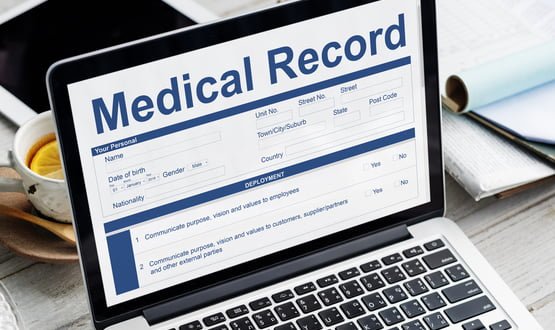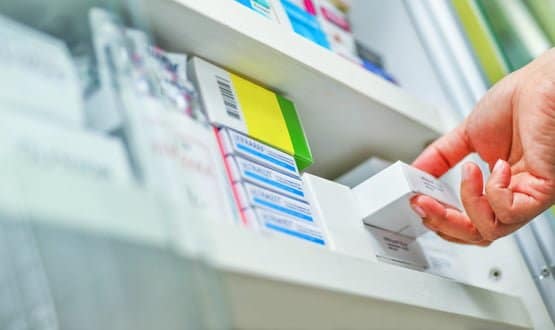Leeds hospital pharmacists access SCR
- 4 July 2012

One of the largest hospitals in the UK is to roll-out access to the Summary Care Record to all its pharmacists by the end of this month.
Leeds Teaching Hospitals NHS Trust ran a pilot study on access to the SCR on its acute elderly admissions ward earlier this year, and is now going ahead with a trust-wide roll-out.
Una Laverty, medicines risk manager at the trust, told EHI Primary Care that it has wanted to have electronic transfer of patients’ medication history for a number of years to improve quality of care and save time for pharmacy staff.
Laverty said 12% of complaints to the elderly medicines department related to medication. The complaints relate to issues such as delays, omissions and errors; a recent audit found 70-88% of drug histories in acute admissions had an error.
The creation of SCRs in Leeds, which covered 65% of patients when the project began and cover around 70% now, made it an attractive option for the hospital.
Laverty added: “The high percentage of SCRs in Leeds meant it was worth our while checking SCRs. We also had a keen consultant who recognised the importance of medicines reconciliation from admission.”
The four month pilot on an acute elderly admissions ward involved 41 doctors and 24 pharmacy staff.
It led to a 55% reduction in the time it took pharmacists to undertake a medicines reconciliation.
It also meant 87% of patients with an SCR had a full medicines review within 24 hours of admission; more than 10% above the national target for clinical pharmacy on admission wards.
The trust viewed more than 3,000 SCRs, making it the second largest hospital user of the national summary record system.
Laverty expects that number to increase rapidly following roll-out all pharmacists, with access to other disciplines other consideration. The trust employs more than 100 pharmacists and has 250,000 admissions a year.
Laverty added: “Training started two weeks ago and I hope the pharmacists’ roll-out will be complete by the end of July.”
Laverty said the trust was also looking at rolling out access to doctors who were trained to access the SCR during the pilot although 85% of viewings had been by pharmacists.
She said she believed the SCR could be particularly useful where pharmacists might not be available to reconcile medicines records such as in accident and emergency and out-of-hours.
Laverty worked with NHS Connecting for Health on the project, together with informatics and information governance staff at the trust and with the primary care trust.
Patient consent to view records was sought except where patients were unable to give consent.
A weekly audit run during the pilot checked for any inappropriate access to SCRs by comparing SCRs viewed with patients on the trust’s patient administration system. The audits found no SCRs had been viewed for patients not currently admitted to the hospital.
Laverty said she is now involved in a national working group looking at possible enhancements to the SCR.
She is also working with the PCT and GP surgeries to make sure SCRs reflect all the medicines currently prescribed for patients, including those which might have been prescribed elsewhere.
Laverty added: “The project has also had a positive impact on GP surgeries as it means there has been reduction in time spent ringing and faxing surgeries to get patient medication histories.”




